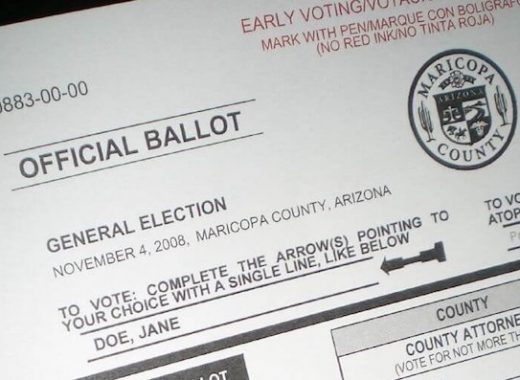In the realm of DUI (Driving Under the Influence) laws, Arizona stands out as a state known for its stringent regulations. This reputation prompts a deeper exploration of Arizona’s DUI laws and a comparative analysis with other states to ascertain the validity of this claim.
Understanding Arizona’s DUI Laws
Arizona’s DUI laws are multifaceted, and a crucial aspect is the Blood Alcohol Concentration (BAC) limits. The legal BAC limit for standard DUI offenses in Arizona is set at 0.08%. Beyond this, first-time offenders can expect consequences such as fines, license suspension, and mandatory participation in alcohol education programs. Notably, Arizona imposes enhanced penalties for Aggravated DUI, triggered by factors such as multiple DUI convictions, driving with a suspended license, or having a minor in the vehicle. Additionally, the state mandates the use of Ignition Interlock Devices for certain DUI offenses.
Factors Contributing to Arizona’s Reputation
The origins of Arizona’s strict DUI laws can be traced to historical developments in legislation. The state has consistently demonstrated a commitment to public safety, adopting a proactive stance against impaired driving. Significant DUI cases and legal precedents have played pivotal roles in shaping Arizona’s robust approach to DUI offenses.
Comparing Arizona’s DUI Laws with Other States
To determine whether Arizona genuinely boasts the country’s strictest DUI laws, it is essential to conduct a comprehensive comparison with other states. Key factors under consideration include BAC limits, penalties for first-time offenders, and distinctions in DUI legislation. A thorough analysis of these elements provides insights into whether Arizona’s laws are notably stringent compared to other jurisdictions.
What are the Penalties for a First-Time DUI Offense in Arizona?
Penalties for a first-time DUI offense in Arizona are comprehensive. Offenders may face fines, license suspension, and mandatory participation in alcohol education programs. These measures collectively aim to deter and rehabilitate individuals involved in DUI incidents.
What About Aggravated DUI Penalties?
Aggravated DUI penalties in Arizona are considerably more severe. Factors such as multiple DUI convictions, driving with a suspended license, or having a minor in the vehicle can elevate the consequences, leading to enhanced penalties. This underscores the state’s commitment to addressing more egregious instances of DUI.
Are Arizona’s DUI Laws More Stringent Than Other States?
Comparative assessments reveal differences in BAC limits, penalties, and legislation across states, contributing to Arizona’s reputation for having strict DUI laws. However, interpretations may vary based on individual perspectives and specific legal contexts.
Despite its reputation, Arizona’s DUI laws have not been immune to criticisms and debates. Ongoing legal challenges and court decisions continually shape the interpretation and enforcement of these laws. Public opinion and advocacy efforts further contribute to the evolving discourse surrounding DUI legislation in the state.
Seeking Legal Advice in Arizona
Given the intricacies of DUI laws and the potential consequences, seeking legal representation is crucial for individuals facing DUI charges in Arizona. Phoenix criminal defense attorneys bring valuable insights into possible defenses, ensuring that individuals have a fair and informed legal process. Navigating the complexities of Arizona’s DUI laws is best accomplished with the guidance of legal professionals who understand the nuances of the state’s legal landscape.
While Arizona is indeed recognized for its strict DUI laws, the assessment of stringency involves a nuanced examination of various factors. Understanding BAC limits, penalties, and legal nuances is imperative for anyone navigating Arizona’s DUI regulations. Seeking legal advice and understanding the specific circumstances of each case are crucial steps in addressing DUI charges and ensuring a fair and just legal process.








